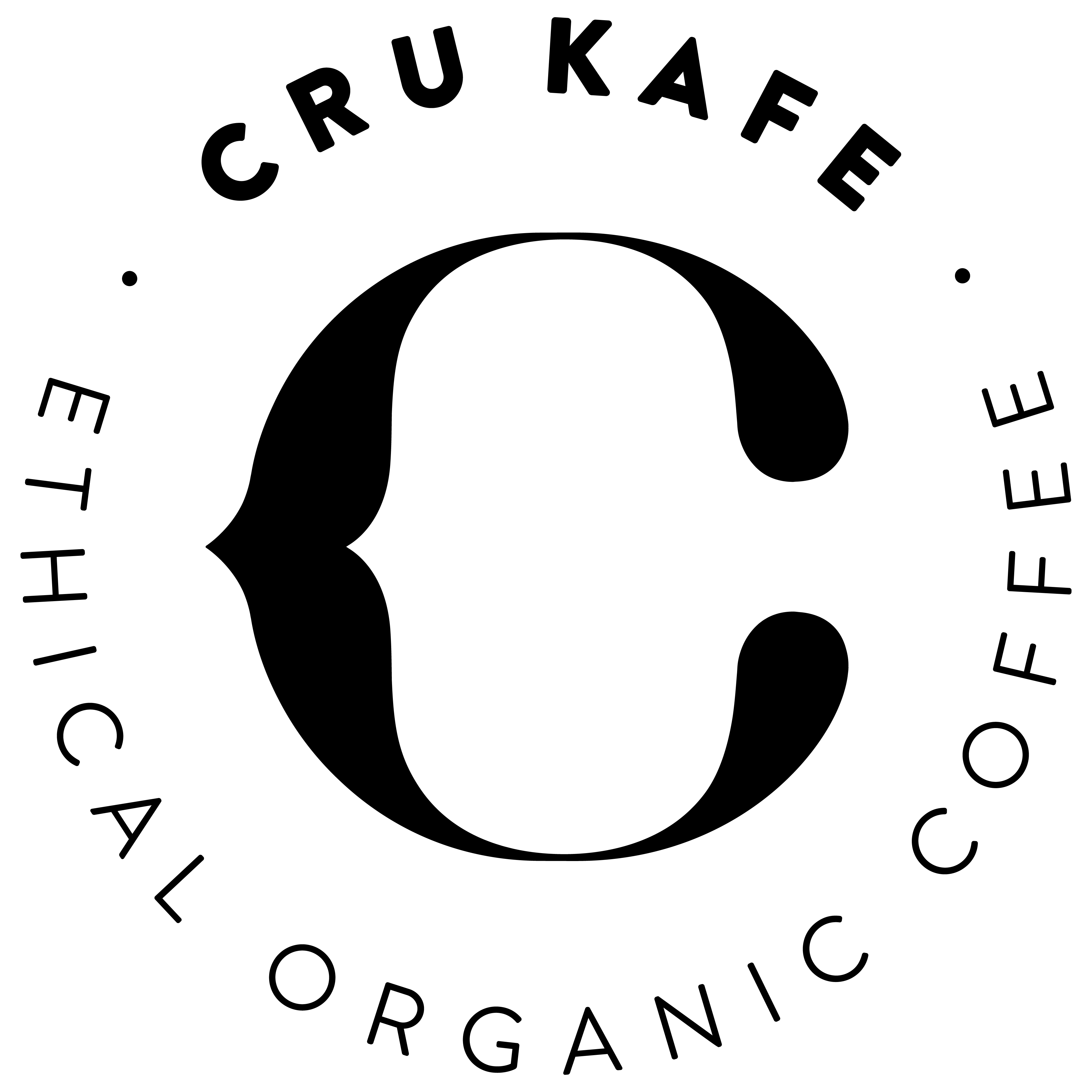In our recent blog, we’ve explored the impact that the resurgence of the coffee industry has had on the Congo; creating stable jobs, and a more secure future, for thousands of Congolese workers. However, it is important to see this small success in context - and with the DRC, that includes a century of exploitation and violence from European powers that has scarred a country still struggling to come to terms with its own independence.
The opening up of the Congo
Whilst the area around the Congo Basin remained largely unexplored in the 19th Century, an expedition led by Henry Morton Stanley ending in 1877 brought West-Central Africa to the interest of the rest of the world, and in turn, changed the course of African history. A further expedition financed by the Belgian King Leopold II by Stanley effectively allowed Leopold to assert his claim over an area of land nearly 1,000,000 sq miles - nearly ten times the size of Belgium itself.
This annexation marked the start of the Scramble for Africa, where European powers, desperate for power and influence, carved up an entire continent; laying the foundations for Africa’s troubled and volatile history at the turned of the 20th Century.
A lesson in exploitation
Under Leopold’s control, the Congo Free State (as the Belgian’s territory was known) quickly turned the Congo into a workhouse, with the demand for rubber creating a huge demand on the country and its inhabitants. For 15 years businesses were allowed to act without interference, and backed by a paramilitary group called the Force Publique, countless killings and abuses went unpunished. Estimates vary, but anywhere between 1-15million deaths have been attributed to Leopold and his government during this short period.
Following international outcry, Leopold was forced to turn over control of the country to Belgium itself in 1908, and for the next 50 years, country was nothing but another example of the colonial African state. In some respects, conditions improved (especially in regards to healthcare and education), but forced labour remained common and the country existed in little more than an ‘implicit apartheid’.
Independence came in 1960, and was followed by years of internal struggle (fuelled, again, by outside powers), before President Mobutuwas elected in 1965 - signalling the start of a 30 year hold on power.
A promising start
During the 70s and 80s, coffee production began steadily rising in the DRC, with the area around Lake Kivu (where our Virunga Reserve is found) growing into a sizeable coffee hub. Exports grew, and the industry seemed to be flourishing - but farmers, and the country as a whole, were slowly crippled by widespread corruption, theft and mismanagement. International aid, most often in the form of loans, enriched Mobutu and his associates, leaving the country’s infrastructure and transport to crumble.
Worse was to come. The Rwandan genocide in 1994 and a blood civil war in the DRC itself saw coffee production plummet; with farmers reduced to using basic tools, and with little to no access to any external markets, the livelihoods of thousands seemed to disappear. Corruption & bribery made it impossible to sell their coffee in the Congo itself; so farmers resorted to smuggling coffee out of country, where they could at least get something. This meant travelling at night, crossing Lake Kivu on small boats and hoping for the best. It was not uncommon for boats to be lost during the crossing - with 1000 or more farmers drowning on this crossing each year.
Looking forward...
In the last couple of decades, however, the coffee industry is once again growing - offering people a chance of a stable, secure income. It has been transformed by outside investment, with large cooperatives formed to ensure a safe route to market, and investment in modern techniques for processing of the beans themselves. The Virunga Coffee Company is just one of these actors trying to create a more secure future for farmers in the DRC, and we’re pleased to have worked with them to bring you our latest Limited Edition.
It’s not often that we go into this much detail when looking at where are coffees come from, but for us, this launch in particular has highlighted how extraordinary some of these journeys can be. It’s important to know where your food & drink come from, and whilst the farms themselves, dotted as they are along the Rwenzori mountains, seem all beauty and stillness, it’s not the full picture. Coffee in the Congo is still a fragile thing - and we should do all we can to make sure that people in a country like the DRC can rely on it to make a decent living for themselves and their families.
Suggested Articles:
In Violent Congo; Hope in the Shape of a Coffee Bean - Willy Foote
Suggested Books:
Blood River: A Journey to Africa's Broken Heart - Tim Butcher


